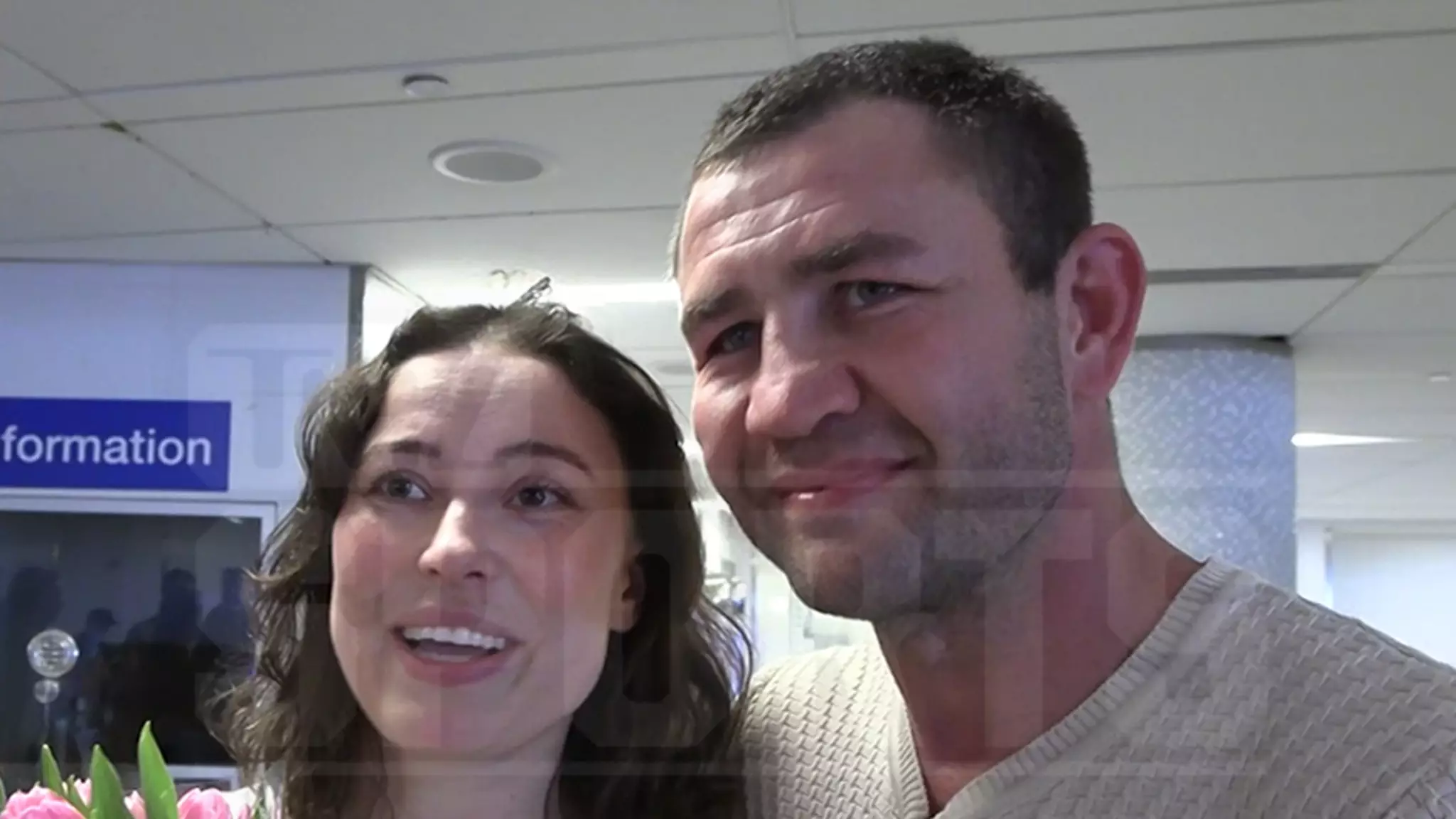Ksenia Karelina’s saga represents not merely a story of a ballerina’s imprisonment but underscores the tangled web of international relations and personal sacrifice. For over a year, Karelina, a dual citizen of the U.S. and Russia, faced the stark violence of the geopolitical divide after a seemingly innocuous decision—to donate a small sum to Ukraine—landed her in a treason trial back in her homeland. The benevolent act that many would see simply as compassion turned into a nightmare, revealing the oppressive nature of political systems that wield the term “treason” with such devastating consequences.
Her case is a chilling reminder of the high stakes involved when personal actions intersect with national loyalties, particularly in a world where dissent can lead to criminal prosecution. The impact of Karelina’s arrest reverberated not just in her personal life but also reflected the fraught relations between Russia and the West. With her experience, Karelina silently becomes an emblem of those caught in the crossfire of political discord, showcasing the human side of an often impersonal international struggle.
A Convoluted Path to Freedom
Karelina’s release was marked not merely by her return home but by the narratives laden in the political discourse surrounding it. In her first interactions upon landing in Los Angeles, her fiancé, renowned boxer Chris van Heerden, expressed fervent gratitude toward former President Trump while harshly criticizing current President Biden’s administration. The political undercurrents in his statements amplify the complexities of Karelina’s return, underscoring how her liberation has become intertwined with partisan perspectives on diplomacy.
It speaks volumes about the political machinations at play that individuals like van Heerden look towards different administrations and their effectiveness in navigating such perilous socio-political landscapes. Indeed, the mention of a “prisoner exchange” in Abu Dhabi highlights a labyrinth of diplomatic negotiations that drives home the point that Karelina’s liberty was a reward not just for her plight but also a tool in a larger game of international chess.
The Emotional Reunion
Upon returning to L.A., Ksenia’s emotional reunion with friends and family was laden with joy yet shadowed by visible trauma. Her overwhelmed expressions encapsulated the bittersweet nature of her homecoming, a celebration marred by the harrowing memories of imprisonment. Karelina’s reluctance to share the specifics of her ordeal is telling; it indicates that the scars of her experience run deep. While the world may wait for her story, she prioritizes rebuilding the connections that her imprisonment fractured.
In her own words, Karelina exclaimed, “It feels like home, it’s amazing.” This simple yet profound statement reveals how the sense of belonging can intensify after such a prolonged absence, yet it also whispers of the psychological toll that such experiences incur. Her gratitude towards President Trump also invites reflection on how political leaders influence personal lives, and the ambivalence that can come with such reliance.
As Karelina reclaims her life and redefines her identity post-incarceration, the world watches with a cautious optimism, hoping that her journey from prisoner to free woman will become a testament to resilience, courage, and the complex ballet of personal liberty against the backdrop of global politics. Her story remains unfinished, and the unfolding narrative promises to be one of triumph and tribulation in a deeply interconnected world.

